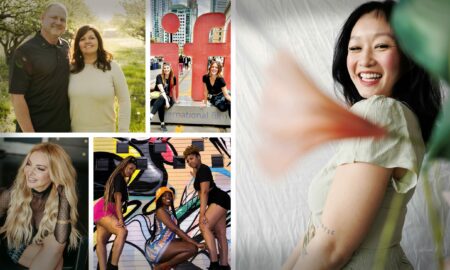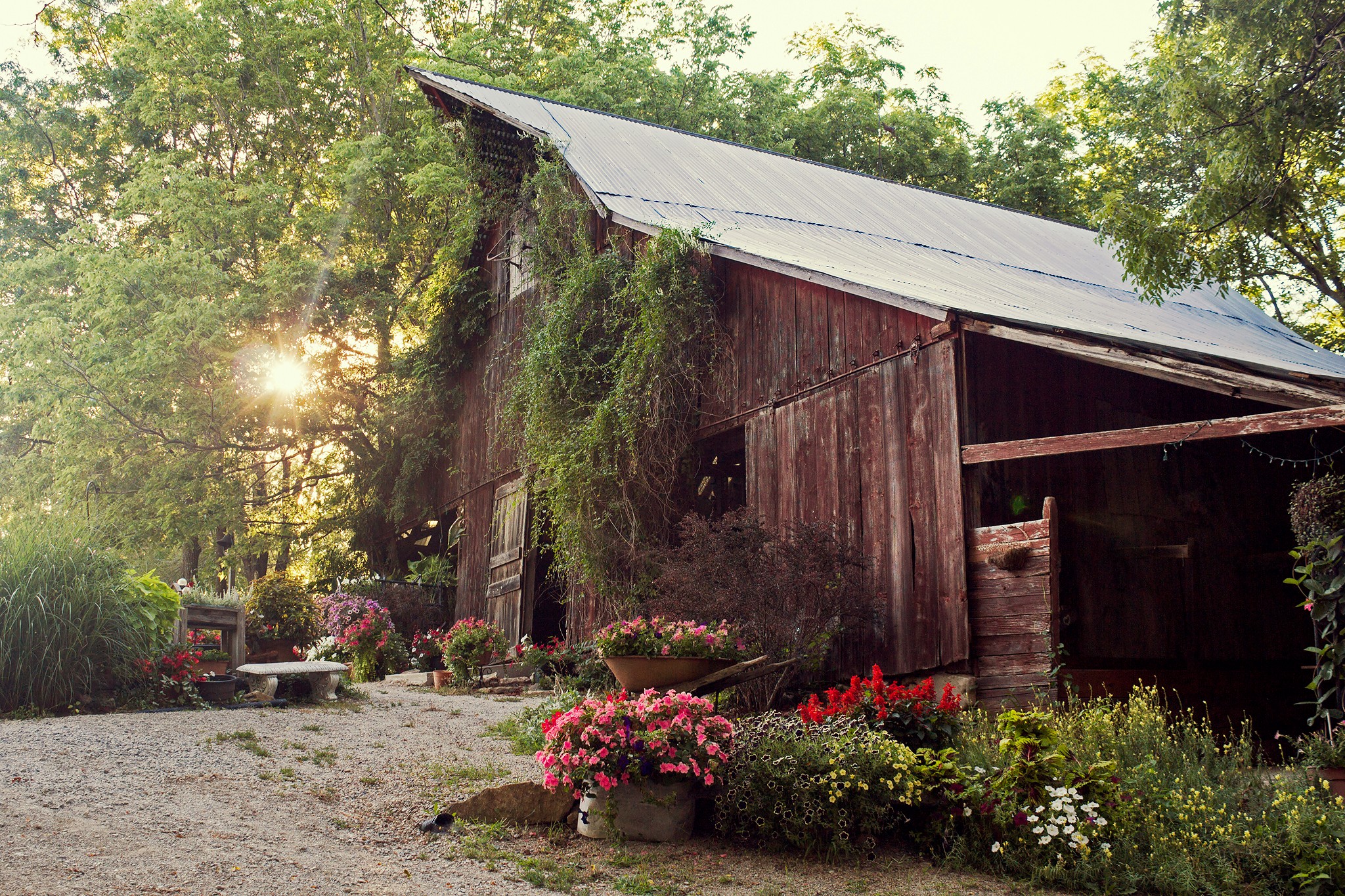

Today we’d like to introduce you to Roderick Dryden.
Hi Roderick, it’s an honor to have you on the platform. Thanks for taking the time to share your story with us – to start maybe you can share some of your backstory with our readers?
I got started after my previous business, in ceramics, folded when I was about 38. I’ve always been an artist at heart, and I needed a new direction. We lived on a piece of land with two spring-fed creeks, and I felt a deep calling — a sense that I was supposed to do something with it. So I started clearing brush, carving pathways, hauling in rock, and burying new electrical lines that my dad had set up years prior.
Over time, I restored an old barn that had been falling apart — with the help of friends and local materials — not knowing exactly why, just following what felt like divine inspiration. I never planned for it to become a wedding venue, but after a neighbor asked if she could get married here, everything started falling into place. Word spread, more people asked to host events, and it slowly turned into something bigger.
That first wedding brought in $100 — which was more than we could make from our crops at the time — and I realized this could be a way to support the land and preserve it for others to enjoy.
Alright, so let’s dig a little deeper into the story – has it been an easy path overall and if not, what were the challenges you’ve had to overcome?
It definitely wasn’t a smooth road. In the beginning, money was tight. I was working at a convenience store and driving a school bus just to get by. After my dad passed away, it was up to me to figure out how to keep the property in the family. He told me, “It’s up to you to make this work.” So I prayed a lot, leaned into faith, and just started taking it one step at a time — even though I had no real plan or resources.
At the time, I didn’t even know the word entrepreneur. I was just following a feeling — a calling, really. Anytime I had a little extra — maybe $50 or $100 — I’d buy supplies for the barn or put it toward something the property needed. For years, I was putting money into this place without expecting anything in return.
There were definitely unexpected challenges. One year, our half-mile driveway started collapsing because the old metal drainage tube rusted out. I had to pause everything and spend several thousand dollars to fix it. Same thing with water access — our county didn’t have rural water until around 2000, and even then the water line was only supposed to come to the edge of our property. Thankfully, because of a family connection on the water board and a push from the state, they extended it closer to the house. I still had to dig trenches and run lines myself to get water to the house, chapel, bathrooms, and picnic area.
I never had a big safety net — just enough to keep things moving. Whenever I needed $100 or $200 for the next step, it would somehow come through. That’s how I knew I was on the right path. I never borrowed money, not even from the bank — just from myself, and I paid it back. It was a slow, faith-driven process, but every piece of the puzzle came together when it needed to.
Thanks for sharing that. So, maybe next you can tell us a bit more about your business?
Paradise Park is a place for people to come together and celebrate — especially for weddings. It all started when I realized I needed a name for the property. I didn’t want to just call it “Roderick’s Place,” so I started thinking. One day, I heard the word Paradise on TV and I thought, what is the true meaning of “Paradise”? So I looked it up in the dictionary. The definition said, “a gathering of souls waiting for heaven.” That struck me — it was exactly the kind of space I wanted to create. A peaceful, joyful place for people to gather and make memories. And that’s how Paradise Park got its name.
From the beginning, I knew I needed to offer something different. In our small farming community, most weddings were held in local churches or community buildings that cost maybe $50 to rent. I had invested much more than that just trying to get the place ready. So I leaned into weddings as a way to make it sustainable.
What set us apart — especially in those early years — was that we were one of the first outdoor wedding venues in the region. At the time, the early 2000s, it was a brand-new concept for Northwest Missouri. When I first started going to bridal shows, I had a few photos, a sign, and my business cards. But people weren’t used to the idea of driving 25 miles outside of St. Joe to get married on a farm. They’d ask, “Why would we go that far when we have churches nearby?”
To make it work, I had to think differently. I started investing in my own chairs and tables, so couples didn’t have to rent them and haul them out to the country. I offered two-day rentals so they could rehearse the day before without feeling rushed. I kept prices low, even though I had thousands invested. I wasn’t trying to get rich — I was just trying to keep the place going and offer something special.
Now, of course, people have destination weddings all the time, and what we’re doing doesn’t seem so unusual. But back then, it was brand new. What I’m most proud of is that we’ve created a space that’s deeply personal, peaceful, and rooted in community. I’ve never tried to make “big bucks” — my goal has always been to help people, to be fair, and to create a setting where meaningful moments can happen.
What I want people to know about Paradise Park is that it’s a labor of love. Every part of it — from the barn to the gazebo to the paths and creekside spots — has been built with care. It’s not a cookie-cutter venue. It’s personal. It’s handmade. And when people come here, they feel that.
Who else deserves credit in your story?
That’s a loaded question — because over the years, I’ve had help in ways big and small, seen and unseen. But if I had to break it down into thirds — the early years, the middle years, and more recent — a few stand out.
In the beginning, it was the good Lord who kept me grounded and moving forward. I was in a difficult transition — my ceramics business had unexpectedly shut down after 25 years, and I suddenly had to reinvent myself. I didn’t know anything about landscaping, or weddings, or outdoor venues. But I kept praying, kept working the land, and followed my gut. That inner nudge was what told me to keep going, even when it didn’t make sense financially or otherwise. So God gets top billing — always has.
Next was my mother, Twyla Dryden. I’ve never married, so she was my sounding board — the one who listened to every idea, crazy or not, and gave me the space to talk things through. She was supportive in all the ways that mattered, even when she challenged me. When I wanted to build the chapel, she told me, “Figure out how to pay for it without going to a bank.” That advice led me to borrow from my earlier investments — and somehow, despite a rollercoaster stock market, I always had the exact amount of cash I needed to keep it going. I still believe that was a blessing from above.
Then there’s the community. I wouldn’t have made it without the people around me. My cousin Bradley, for example, brought down his Bobcat and helped clear brush and build the road and parking area. Others donated lumber, helped run electrical, or just showed up when I needed hands. Some thought I was crazy. Some were skeptical. But others saw the vision and pitched in — not for money or recognition, but because that’s what neighbors do. I’ll never forget that.
In the middle years, as Paradise Park started to take shape, I was fortunate to have practical mentors too. A good friend helped design the open-air pavilion and told me what kind of poles and materials to look for. Others offered guidance on building permits, water lines, septic systems, and how to stay compliant with the state. These weren’t formal mentors — they were everyday experts who stepped in at just the right time.
And now, more than two decades later, I’m proud to say we’ve grown this thing steadily, without ever borrowing from a bank. We’ve built multiple websites, added indoor and outdoor venues, and hosted people from all over. It’s still not “done” — I don’t think it ever will be. But I’m thankful for every person, every prayer, and every small miracle that helped us get here.
Paradise Park wasn’t built overnight. It was built with help, with hope, and with a whole lot of heart.
Pricing:
- $1000 one day between Monday and Wednesday.
- $1200 for one Sunday
- $1750 for two consecutive days between Sunday and Wednesday
- $2000 one full day between Thursday and Sunday
- $3200 two consecutive days between Thursday and Sunday
Contact Info:
- Website: https://www.visitparadisepark.com/
- Instagram: https://www.instagram.com/visitparadisepark/
- Facebook: https://www.facebook.com/visitparadisepark
- Twitter: https://x.com/paradiseparkmo
- Youtube: https://youtu.be/x3Vo1PGgIss
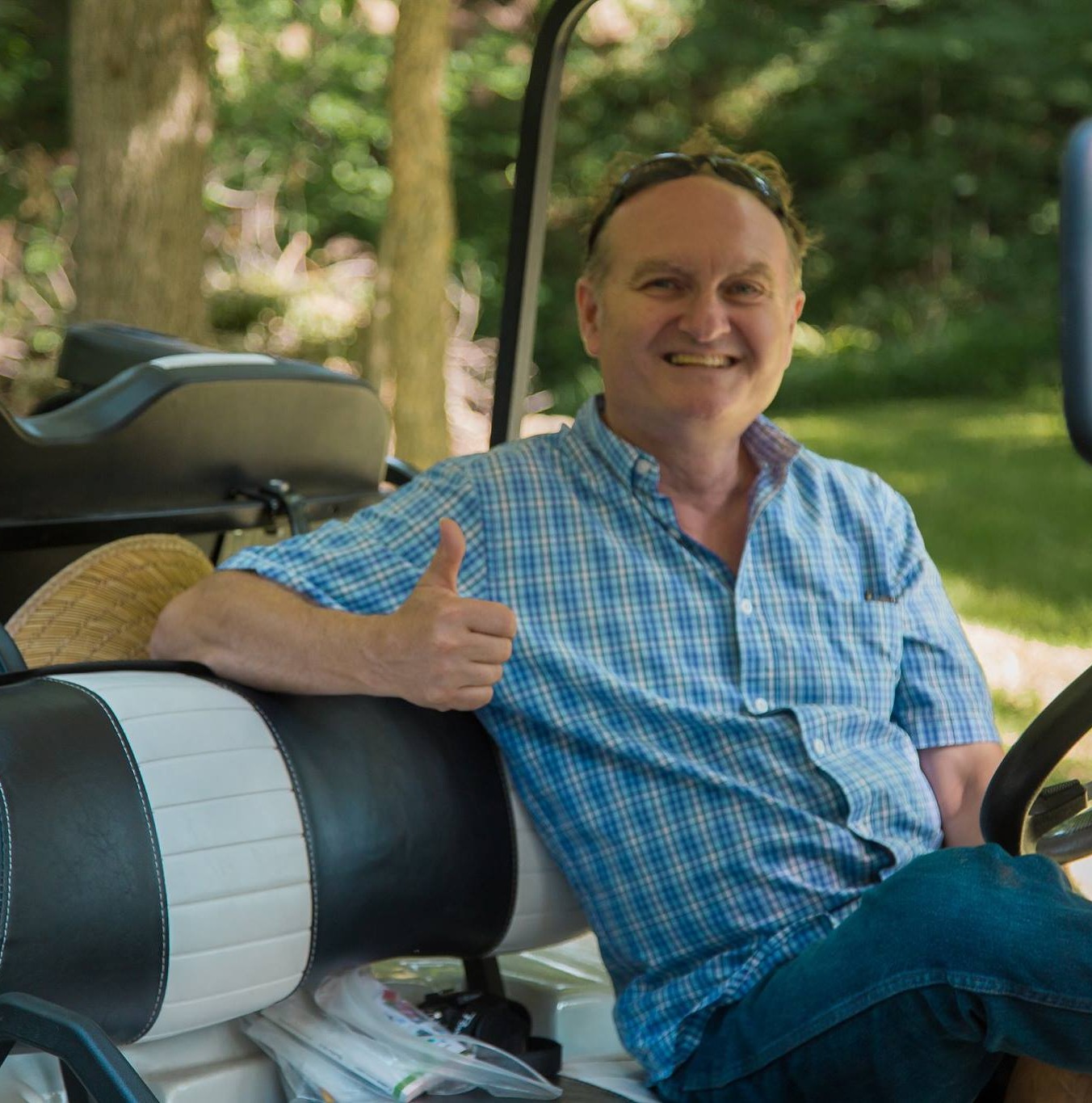
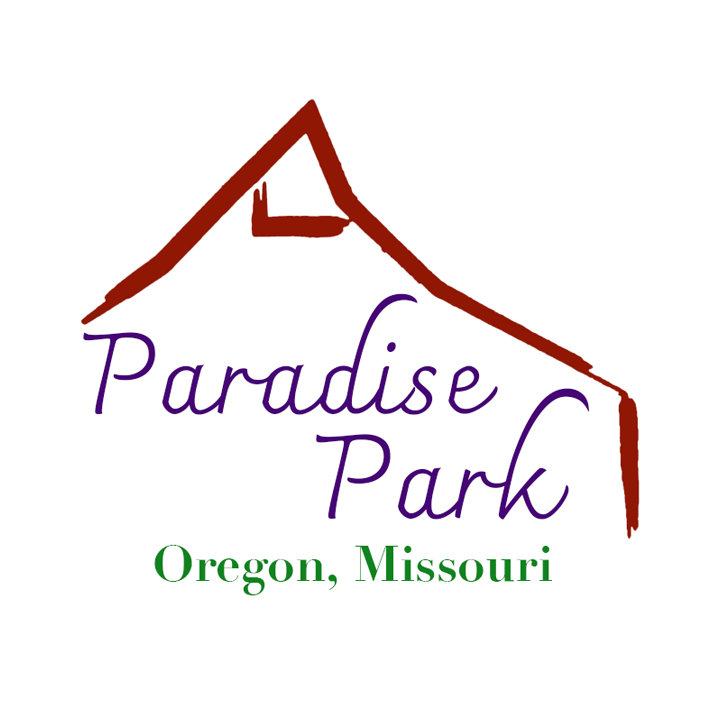
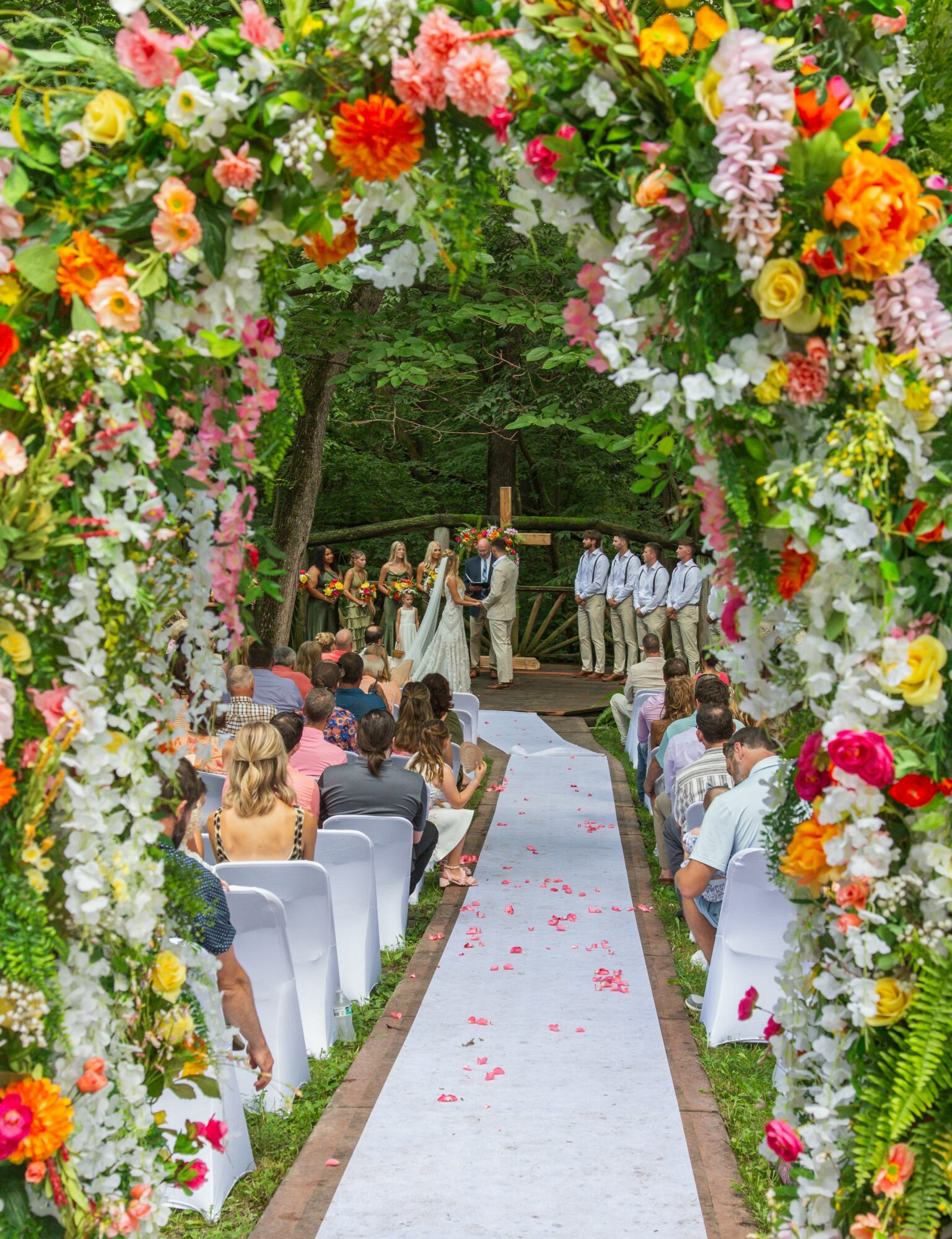
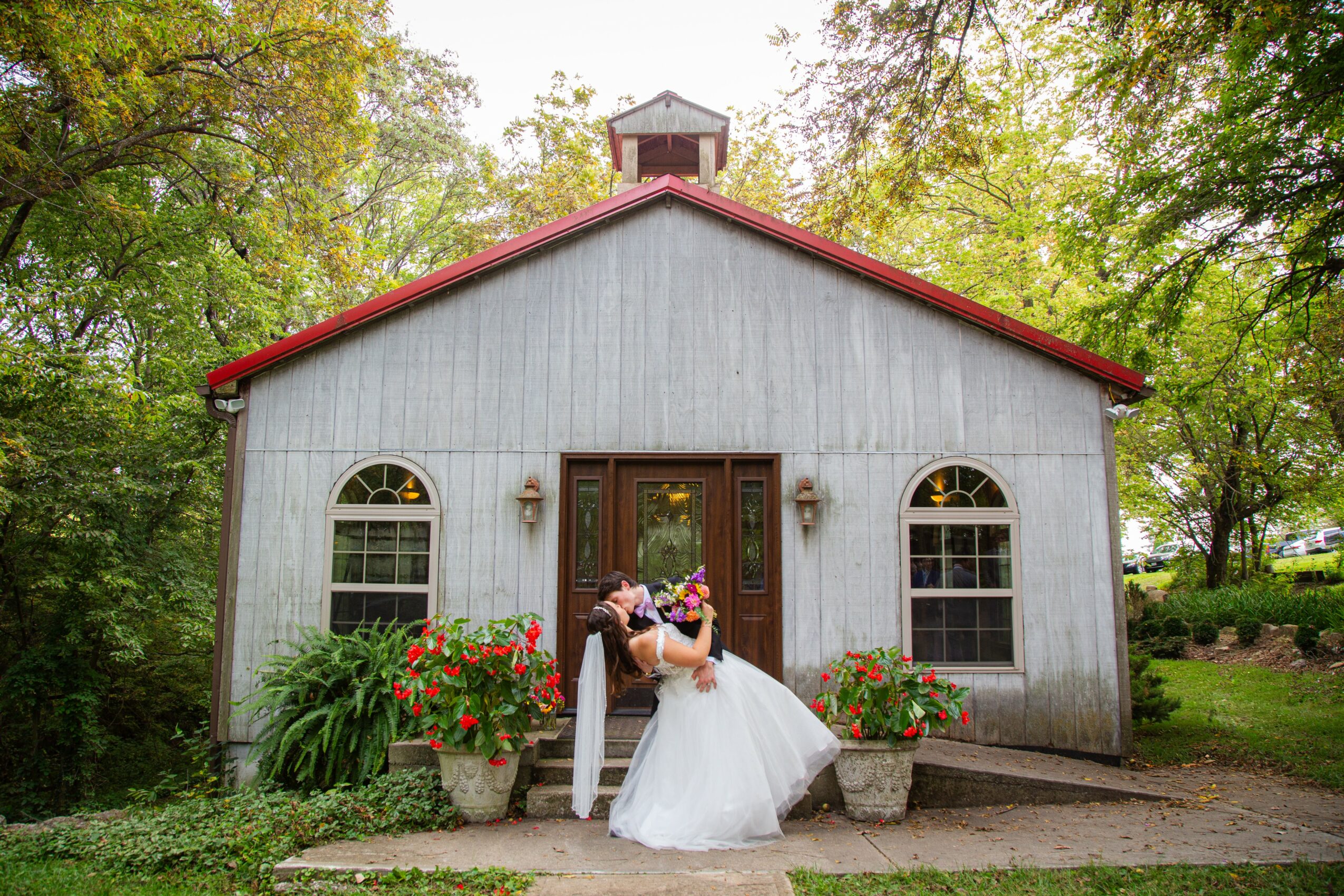
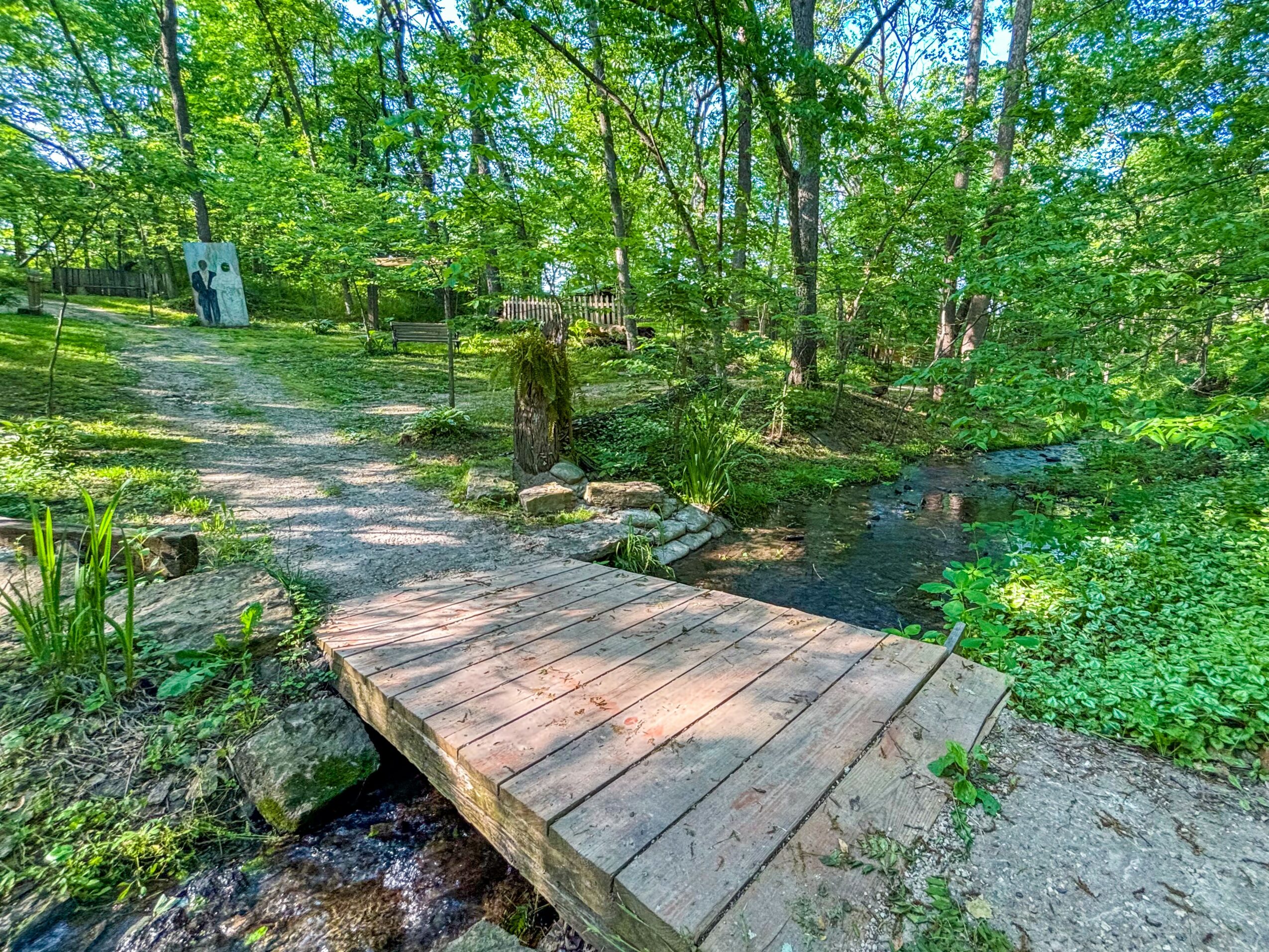
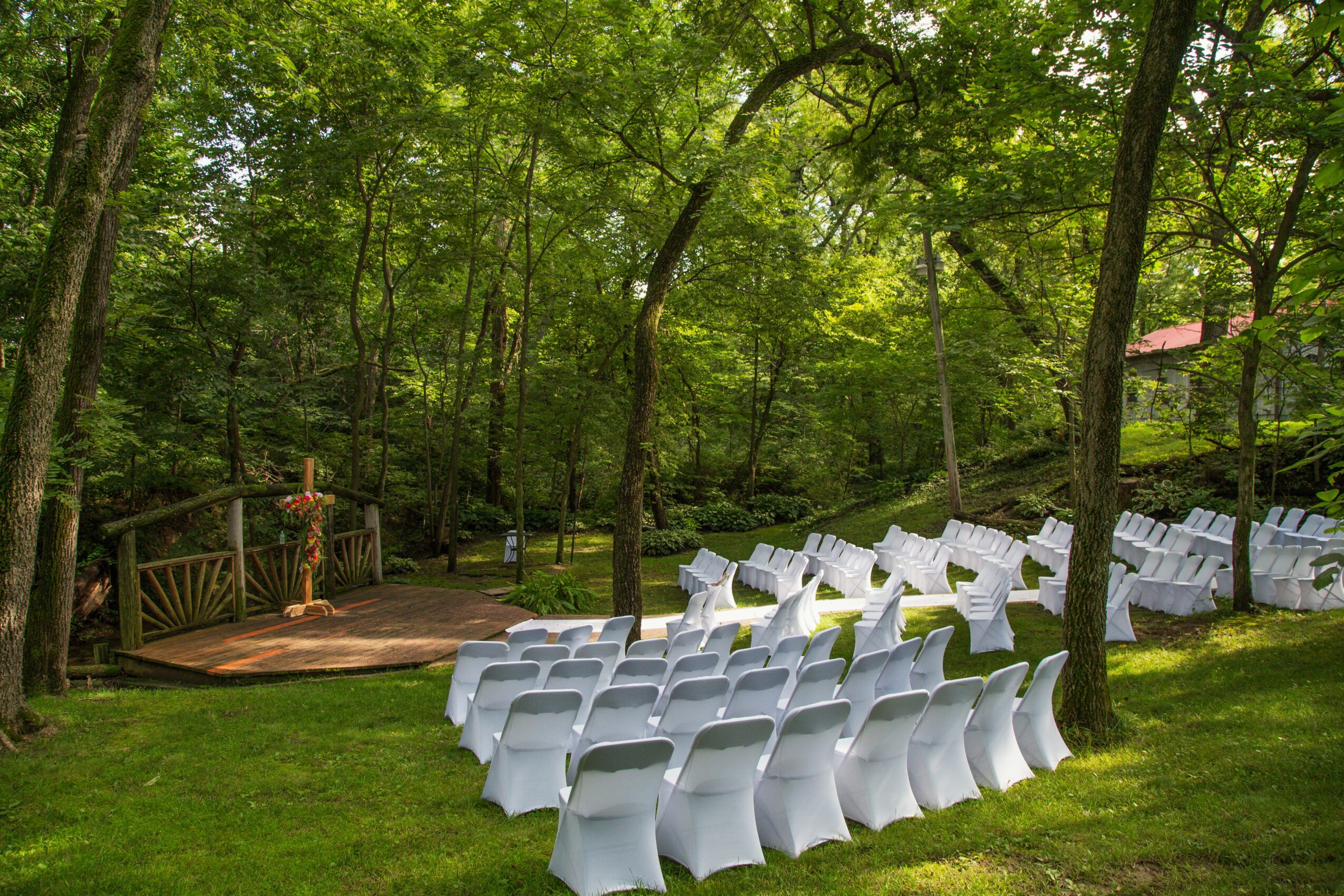
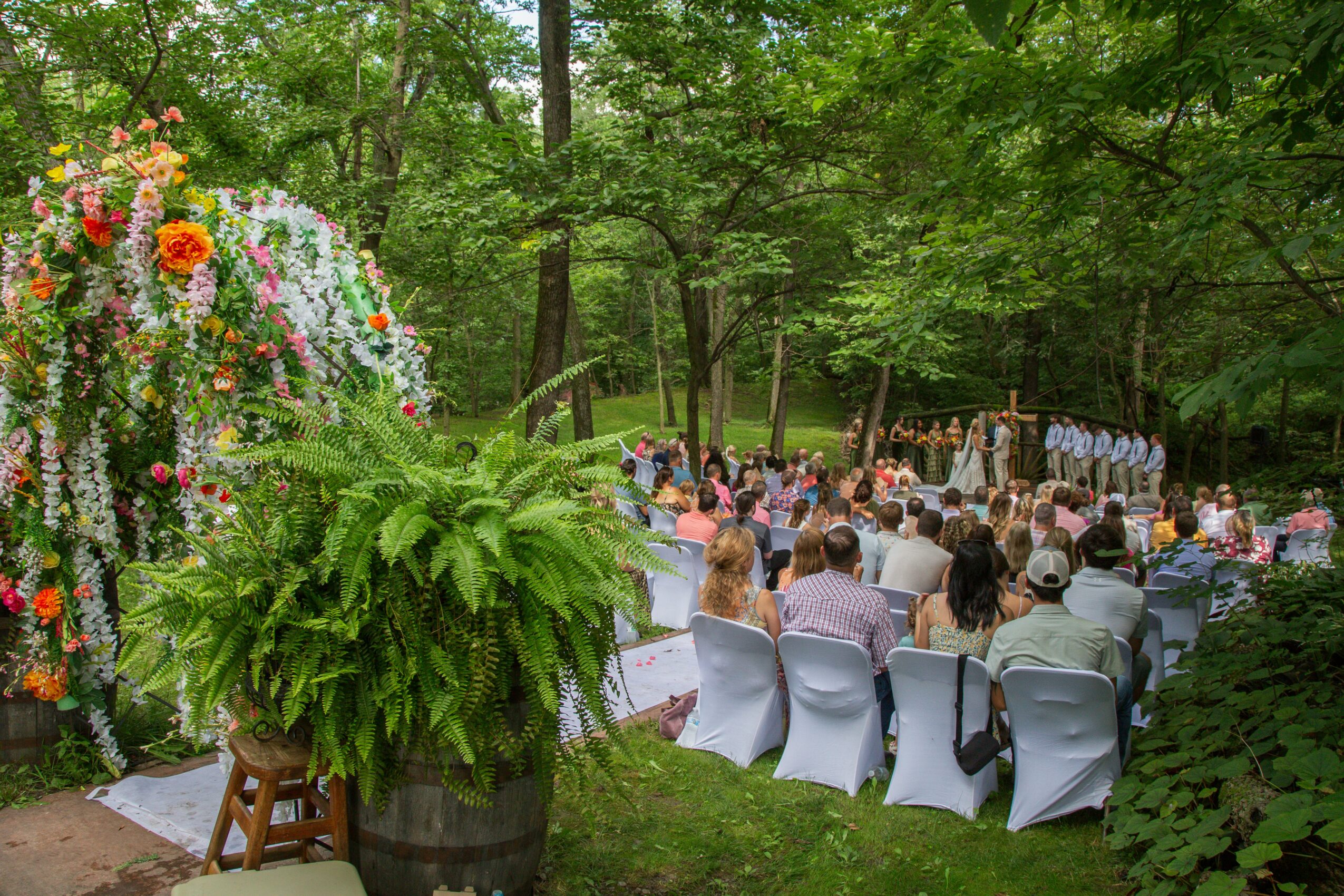
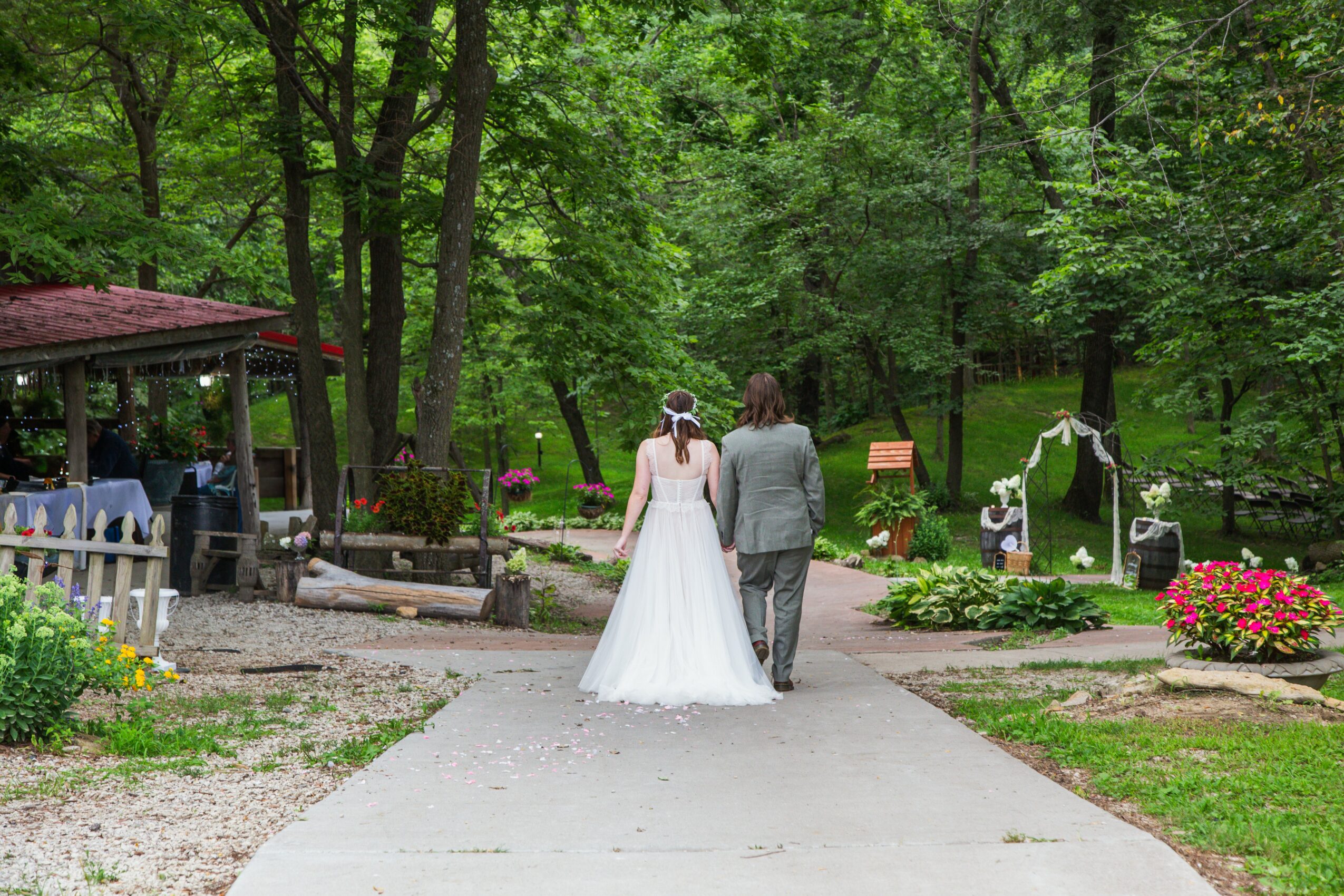

Image Credits
Jeni Swope

